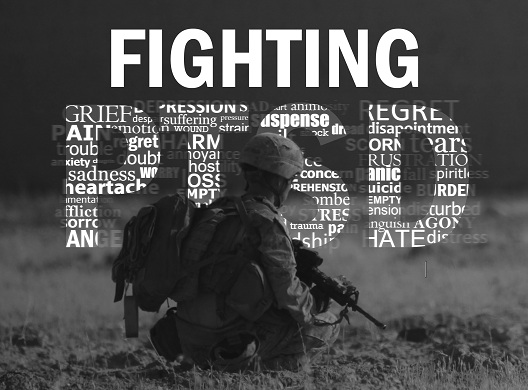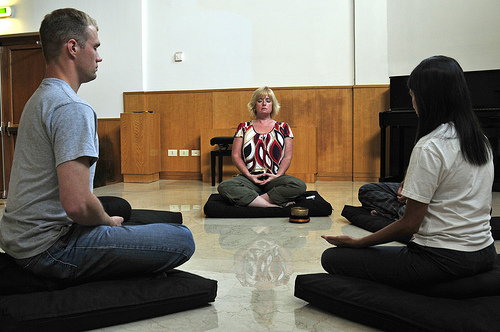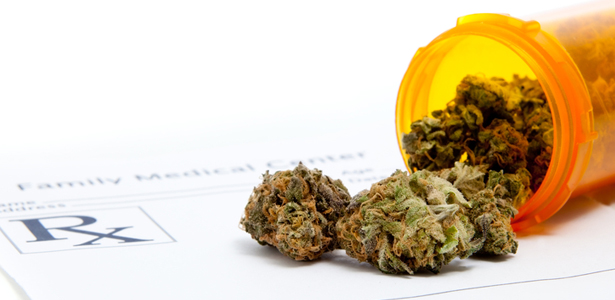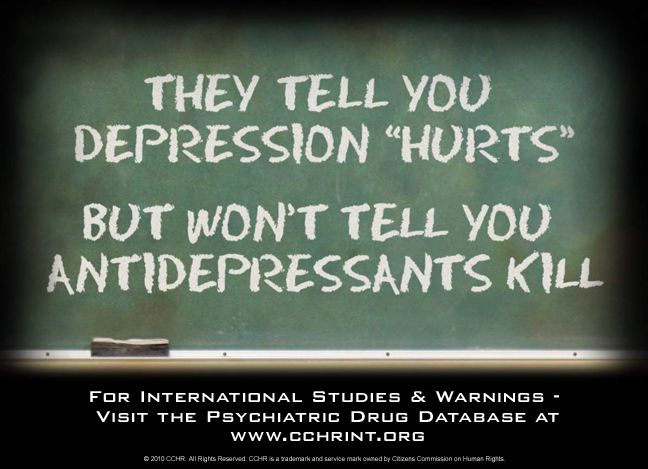Every year the American people set aside a day to remember those who fought and died serving their country. Memorial Day weekend is filled with special events commemorating America’s finest. The cemeteries are full. The American flags are parading down streets. The neighborhoods are filled with the scent of delicious barbecue. With the passing of this tributary holiday, many questions have been raised as to how the government is trying to lower the death rate amongst our troops, especially among retired soldiers, and resolve the issue of PTSD.

How War Affects Returning Soldiers
The biggest contributor to veteran suicides stem from Post-Traumatic Stress Disorder [PTSD]. According to the U.S. Department of Health and Human Services, PTSD is a type of disorder that can occur after an individual experiences a traumatic episode. In regards to veterans, after witnessing the violence of war, they are unable to live out their lives due to the events they have seen in combat. After soldiers return from war, they are usually sent to rehab centers that specialize in PTSD recovery. Within these centers, there are many methods that are used to treat the disorder.

PTSD and AntiDepressants
A major concern revolving around antidepressants is that many veterans become dependent on the medication and never truly recover from their disorder. When asked about the duration of SSRI treatments, VA National Center for PTSD Psychiatrist Matthew J. Freidman, PhD said, “If a person has had a good response to medication, the likelihood is that he or she is going to need to be on that medication indefinitely… I’ll reduce the dose gradually, and if we can get away with it, I’m more than happy to stop the medication. But more often than not, people need to stay on their medication indefinitely.” The reason why PTSD patients must stay on their medication indefinitely is because the symptoms of PTSD are always reoccurring. In other words, the medication will only inhibit serotonin for a time, but will eventually succumb to re-releasing those neurotransmitters.
As a result of the prescribed dependencies, veterans must continue to stay on medication for the rest of their lives. Though antidepressants have not been considered by scientists to be addictive, a recent study done by a research unit at Nordic Cochrane Centre has found that withdrawals, also known as SSRI Discontinuation Syndrome, can take place if a patient is taken off the medication. The symptoms include insomnia, nausea and/or “electrical shocks” in the head. The Nordic Cochrane Centre claims that SSRIs have the same capacity as other anti-depressants to alter brain chemistry. Once the medication is taken away from a patient, the side effects [or withdrawals] begin to ensue. This is due to “brain conditioning” caused by the SSRI.
According to the head author of the research unit Margrethe Nielsen, PhD, “people get ill when they stop taking the medicine”; therefore, the medication should be considered as an addictive drug. When a patient takes SSRI medication, the drug affects the central nervous system. This is vital in understanding why antidepressants are addictive according to Margrethe Nielsen. The reason behind labeling a medication as “addictive” is that they affect the brain in dramatic ways, hence the withdrawals. Therefore SSRI medication, according to the Nordic research unit, must be labeled as an addictive drug because of its effect on the brain.
The most harmful of these effects are the suicidal thoughts that can occur while on the medication. In fact, according to Harvard Health, after a clinical study done for adolescents under the age of 18, SSRI drugs raised the risk of suicidal thoughts when compared to a placebo. The statistics showed that all antidepressants doubled the risk of suicidal thinking in both adolescents and adults. This was a much debated topic for a long time, and was overlooked by the FDA for many years. Nonetheless, in October of 2004, the FDA issued a Black Box warning which required that all pharmacists and physicians label all antidepressants as high risk for suicidal thoughts, hostility and agitation in adolescents and adults.
Alternative Remedies for PTSD
Though many skeptics are afraid SSRIs are not fit to be one of the main options the government provides for veterans, the U.S. government is finding more effective ways to help vets struggling with PTSD. Some of these options include Cognitive Behavioral Therapy [CBT] and Eye Movement Desensitization Reprocessing [EMDR]. These alternatives have yielded positive results according to statistics given by the U.S. Department of Veterans Affairs.
CPT is becoming the most prominent in veteran rehabilitation. Many rehab centers are using it as a logical alternative for helping veterans face their PTSD without the use of outside sources such as SSRI. “In CPT, we’re not changing the details of what happened we’re changing the things that you’re telling yourself that are increasing your PTSD symptoms.” says psychologist and assistant professor at the University of Missouri, Tara Galovski PhD. “If you start telling your mind more accurate things, then all of a sudden the tunnel starts to open up a little bit. And once you’ve started thinking in this way, you don’t stop. Your mind opens up to different possibilities. The relief is just inevitable. It’s not a magic bullet. It’s just logic.”
The effects of Psychotherapy have shown great results and are becoming the leading treatment amongst veterans. Even Dr. Matthew Friedman says “That’s the big difference between therapy and medication; with medication you need to be on it indefinitely for the most part, whereas for psychotherapy, you typically need 10–12 sessions and maybe a ‘booster’ now and then. You don’t need much more. So for a patient that doesn’t want to be on medication indefinitely, which can be another motivation for them to go into psychotherapy.”

This, according to researchers, can help veterans cope with the effects of PTSD by enhancing the cannabinoid system to create memory extinction. Israeli scientist Raphael Mechoulam, Ph.D. states that the cannabinoid system is directly linked to memory extinction [which is the healthy process of removing associations with the stimuli]. This will allow for veterans to healthily remove those memories that are causing them distress. “Mostly the use of cannabis and THC to treat PTSD in humans appears to provide symptomological relief at best.” Says Dr. Mechoulam, “In and of itself, there is nothing wrong with symptomological relief. That’s what taking aspirin for a headache, a diuretic for high blood pressure, opiates to control severe pain, or olanzapine for rapid-cycling mania is all about.”

In an address given by President Barack Obama, he says “we know that for too long, we’ve fallen short of meeting that commitment. Too many wounded warriors go without the care that they need. Too many veterans don’t receive the support that they’ve earned.” Though the use of SSRI is still prominent in veteran rehab centers, many scientists are dedicating their research to provide safe and natural ways to treat PTSD, such as CBT, EMDR, medicinal marijuana and other eastern medicines. The U.S. government is striving to find new avenues that will accommodate and help veterans recoup from their disorders. The government, according to President Obama, is striving to improve all issues that American veterans are facing today. “For their service and sacrifice, warm words of thanks from a grateful nation are more than warranted, but they aren’t nearly enough.” Says President Obama, “We also owe our veterans the care they were promised and the benefits that they have earned. We have a sacred trust with those who wear the uniform of the United States of America.”

